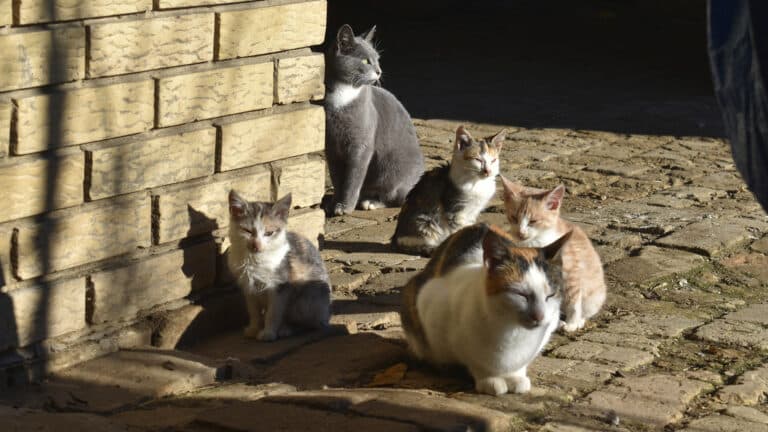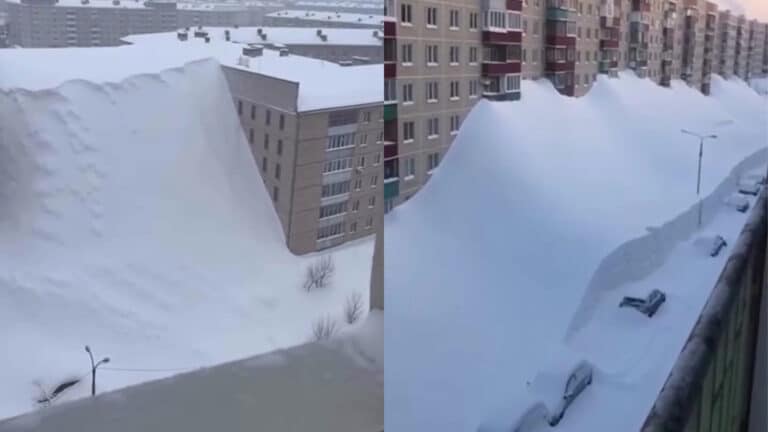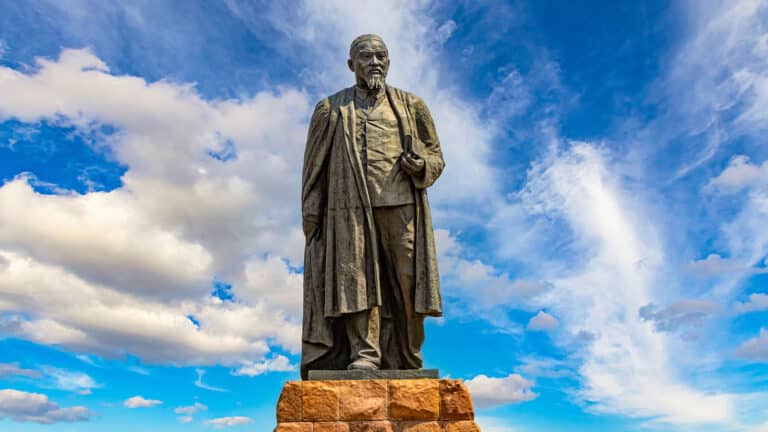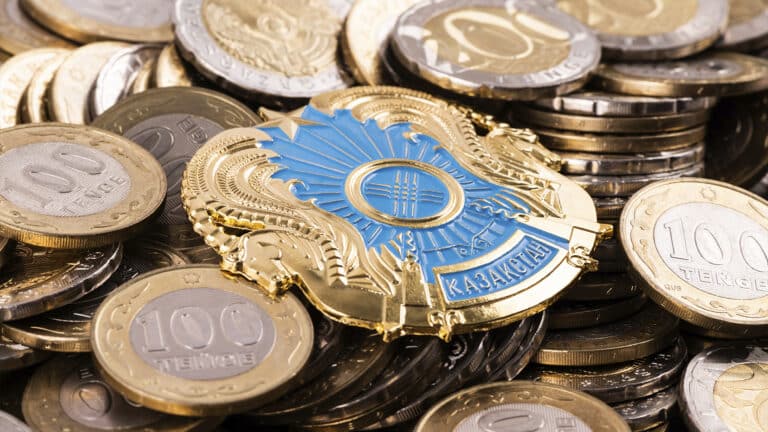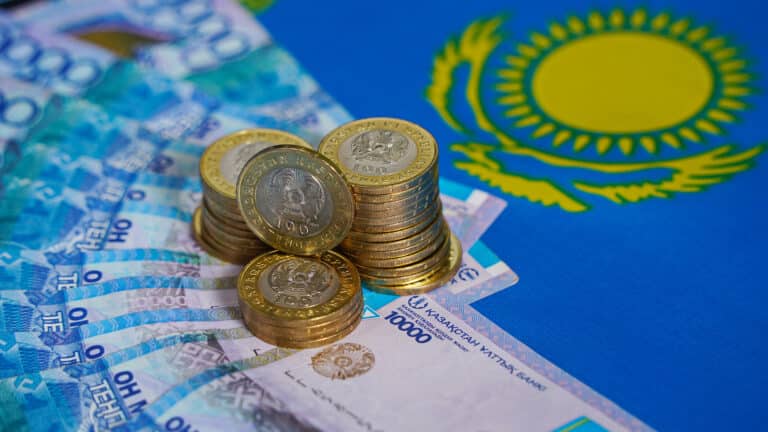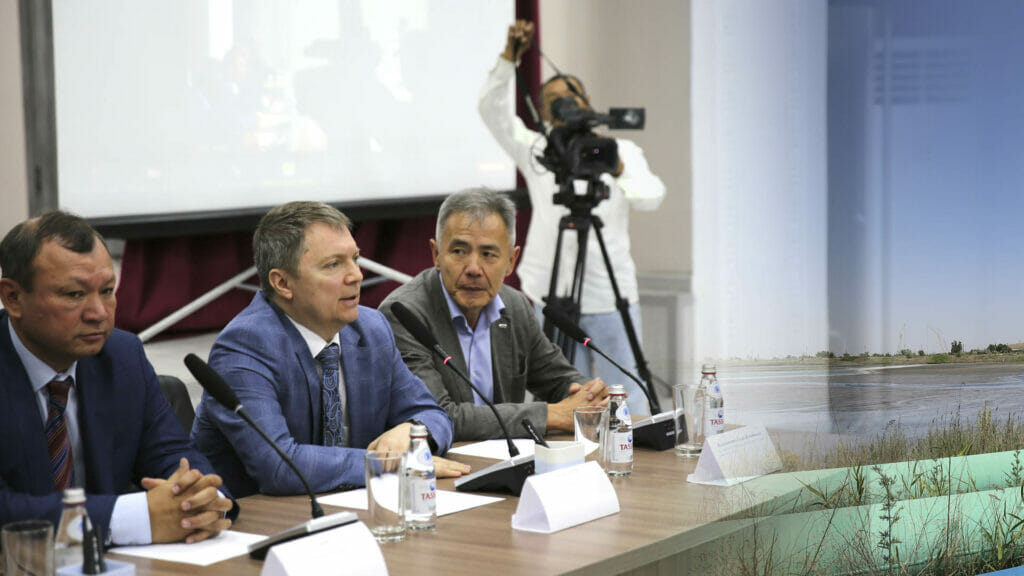
The Almaty city authorities want to build a bottom ash processing plant near the city’s thermal power plant No.2. Once the $21 million project is done, it will be able to reprocess 300,000 tons of bottom ash from the TTP. The project is going to be implemented by the Kazakhstani company Arka Development in conjunction with local authorities and RID Capital from Russia.
Almaty Electric Power Stations (ALES) came up with ash processing at the Almaty TPP No.2 back in 2015. Since then, authorities had been looking for a company that could implement a scientific and technical project on the processing or disposal of waste accumulated at thermal power plants in Almaty. In 2022, a bid for the project was officially announced. According to Gaziy Ismukhambetov, chief engineer in ALES, more than 20 million tons of waste have been accumulated at the TTP No.2 ash dump over 40 years of operation.
«We use thermal coal from Ekibastuz with an ash content of about 40%. Therefore, we put about a million tons of ash into ash dumps yearly. Even though the ash isn’t dangerous, it claims land for storage. Given that our ash consists of 50% silicon oxides, 25% aluminum oxides, 5% iron oxide and small amounts of different metals, it might be considered as a raw material for the production of construction materials and for metallurgy,» the official said.
As a winner of the bid, Arka Development is going to provide funds to the Russian company RID Capital, which, in turn, will build the bottom ash processing plant with a capacity of 300,000 tons. On June 16, 2023, ALES, RID Capital and Arka Development signed an official memorandum.
How much does the project cost and what will be produced from the bottom ash?
A new joint venture will be responsible for the construction of the processing plant. This new legal entity will become the owner of the technology. Once the new company is registered, the winners will have one week to prepare a roadmap and create working groups for the project. The bottom ash reprocessing process is expected to start in 2024–2026. As RID Capital Director General Igor Pyasetsky noted, the manufacturing of necessary equipment in Russia may take about 6 to 8 months.
According to Rakhat Elaman, co-owner of Arka Development, the estimated cost of the project is roughly $21 million. The company will provide these funds on its own and no public funds will be needed. However, the participation of Samruk Energy or ALES (both state-owned companies) is under discussion.
«The government must be a part of the project. That’s for sure. We are cooperating with the government in the field of housing construction. Moreover, we will need a supply of bottom ash and water, new roads, stub track and a land use permit. Everything associated with infrastructure depends on the government. We want to be sure that the government will deliver its assistance. We do not need public funds though,» Elaman said.
As a result of processing, the following products will be obtained: unburned coal (a briquetted product for boiler houses), magnetite (raw material for the metallurgical industry and filler for heavy concrete), a microsphere (fillers for products made of plastic, gypsum, ceramics and lightweight cement) and an aluminosilicate product (raw material for building materials).
In the future, the capacity of the plant is expected to be gradually increased up to one million tons per year. However, the volume of the final product will depend on the demand for these materials in the market and on support by the government.
«The production capacity is going to depend on the volume of sales for building materials. Productivity itself directly depends on the sales of building materials, which in turn depends on state support. This is a public-private partnership. We are going to cooperate with construction companies in Almaty and the country’s regions in order to meet their needs. In addition to all that ash accumulated over the years, we must remove all the ash that now comes from the TTP. The speed of processing of the remaining ash will directly depend on the sales of building materials. If they are sold, then we increase the production capacity,» the co-founder of Arka Development underlined.
How is the Russian company going to help Kazakhstan?
RID Capital, which specializes in research and development, will help Kazakhstan with equipment, technologies and construction of the bottom ash processing plant itself. The company will own the plant. According to Pyasetsky, the company’s equipment and technology are going to let the project gain profit out of waste. The project is expected to include at least two production facilities for the fragmentation of substances and then for the production of ready-to-use building materials. RID Capital has already reached an arrangement with the Krasnodar Machine-Building Plant, which agreed to produce the necessary equipment for the plant in Kazakhstan.
«A tie-in will be made into the pipe, which transports bottom ash and slag pulp into the ash dump. The waste separation methods we are going to use are mechanical and electrostatic. They will not involve any chemicals. With the help of radio and magnetic separators, we will be able to extract up to 99% of useful elements out of waste. The ash dump will be completely recovered. We are going to get rid of the environmental damage accumulated over many years and, of course, we won’t put any new waste on the site. The only emission we are expecting from the plant is a small amount of dust,» Pyasecki said.
He also noted that RID Capital negotiated with Composite, a producer of composite reinforcement, and is ready to buy a production facility from Composite. This deal will allow the company to deliver its products at a distance of 1,500 km. As a result, RID Capital is planning to expand its activity in Uzbekistan and neighboring markets. In addition, the company wants to export magnetite and microspheres to countries neighboring Kazakhstan, while unburned coal will be exported to Europe.
In the first stage, the project will be launched at the TTP No. 2 in Almaty. However, the project is expected to cover ash from all TTPs run by Samruk-Energy in the future. According to the Department of Ecology of Kazakhstan, ash dumps occupy an area of about 500 hectares.




